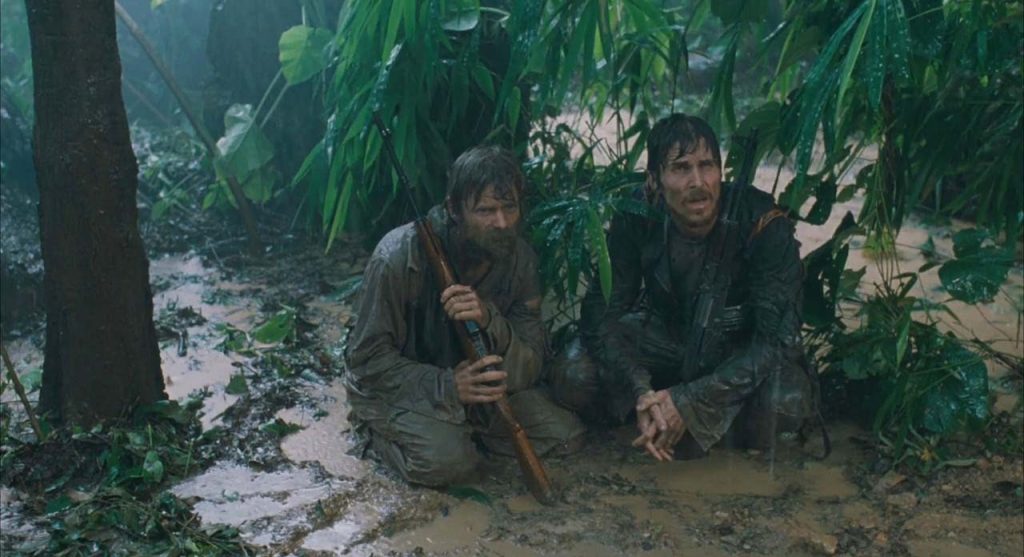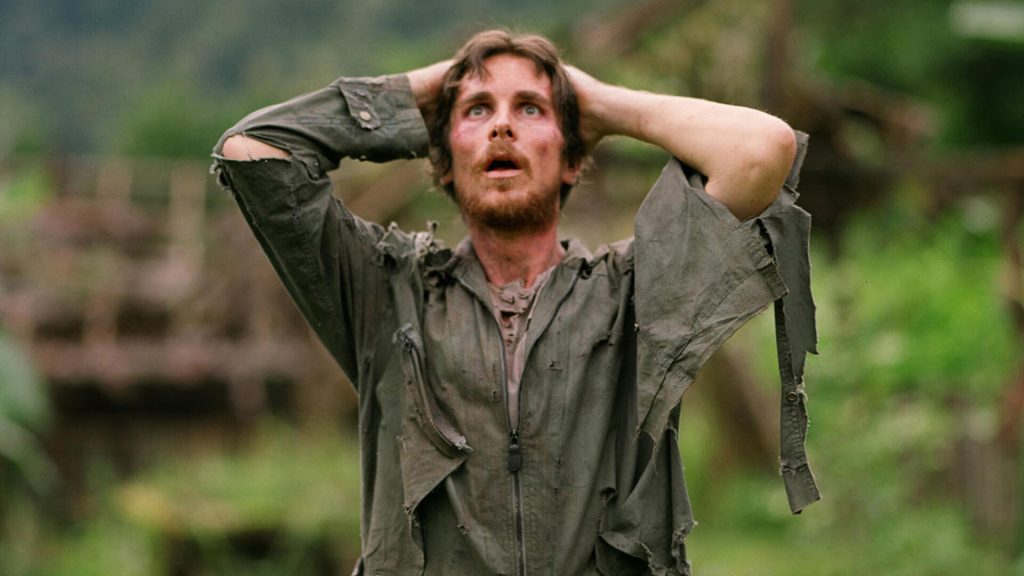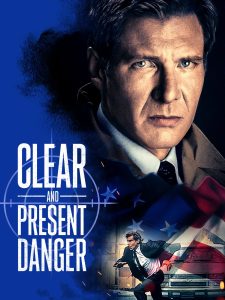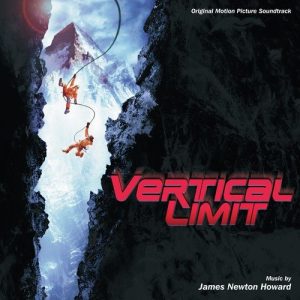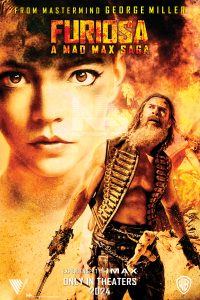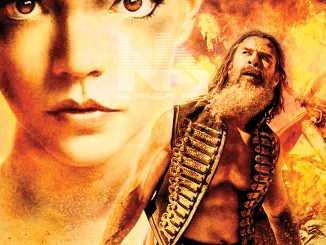“Rescue Dawn,” directed by Werner Herzog and released in 2006, is a gripping war drama based on the true story of Dieter Dengler, a German-American pilot who was shot down and captured during the Vietnam War. The film is a harrowing portrayal of survival, endurance, and the unbreakable human spirit in the face of unimaginable adversity. With Christian Bale delivering a powerful performance in the lead role, “Rescue Dawn” stands out as one of the most intense and authentic war films of the 21st century.
The film follows the journey of Dieter Dengler (Christian Bale), a U.S. Navy pilot who is shot down during a covert mission over Laos in 1966. After being captured by the Pathet Lao, Dengler is subjected to brutal interrogation and torture before being imprisoned in a POW camp deep in the jungle. In the camp, he meets fellow prisoners, including Duane Martin (Steve Zahn) and Gene DeBruin (Jeremy Davies), who have been held captive for years.
Determined to escape, Dengler plans a daring breakout, despite the skepticism and fear of his fellow prisoners. The film’s second half is a tense and heart-wrenching depiction of the escape attempt and the subsequent struggle for survival in the unforgiving jungle. As Dengler and Martin navigate treacherous terrain, face starvation, and evade capture, the film delves into the psychological toll of their ordeal, highlighting the desperation and determination that drive them forward.
Christian Bale’s portrayal of Dieter Dengler is nothing short of remarkable. Known for his dedication to his roles, Bale underwent significant physical transformation, losing weight to convincingly portray Dengler’s emaciation. His performance is intense and emotionally charged, capturing the resilience and optimism of a man determined to survive against all odds.
Steve Zahn, typically known for his comedic roles, delivers a surprisingly poignant performance as Duane Martin. Zahn’s portrayal of a man broken by years of captivity adds depth to the film, providing a stark contrast to Bale’s relentless determination. Jeremy Davies also shines as Gene DeBruin, embodying the despair and resignation of a man who has lost hope.
Werner Herzog, known for his fascination with stories of human endurance and obsession, brings his unique vision to “Rescue Dawn.” Herzog’s direction is unflinching, emphasizing the harsh realities of war and the brutal conditions faced by the prisoners. The film’s cinematography, handled by Peter Zeitlinger, is both beautiful and terrifying, capturing the lush yet perilous jungle environment with a sense of claustrophobia and dread.
Herzog’s decision to film on location in Thailand adds to the film’s authenticity, immersing the audience in the oppressive heat and humidity that the characters endure. The natural soundscape, with the constant buzz of insects and the rustling of leaves, heightens the tension and underscores the characters’ isolation.
“Rescue Dawn” received critical acclaim upon its release, particularly for its performances and Herzog’s direction. Critics praised the film’s realistic portrayal of survival and the harrowing depiction of the POW experience. Christian Bale’s performance was widely lauded, with many considering it one of his best.
However, some critics noted that the film’s pacing in the second half, during the escape and jungle survival sequences, occasionally drags. Despite this, the film’s emotional impact and intense performances keep the audience engaged throughout.
“Rescue Dawn” is a compelling and visceral war drama that showcases the resilience of the human spirit in the face of unimaginable hardship. Werner Herzog’s direction, combined with Christian Bale’s powerful performance, creates a film that is both emotionally gripping and visually striking. While not without its flaws, “Rescue Dawn” is a must-watch for fans of war dramas and true stories of survival, offering a poignant reminder of the strength and determination required to endure the darkest of times.
